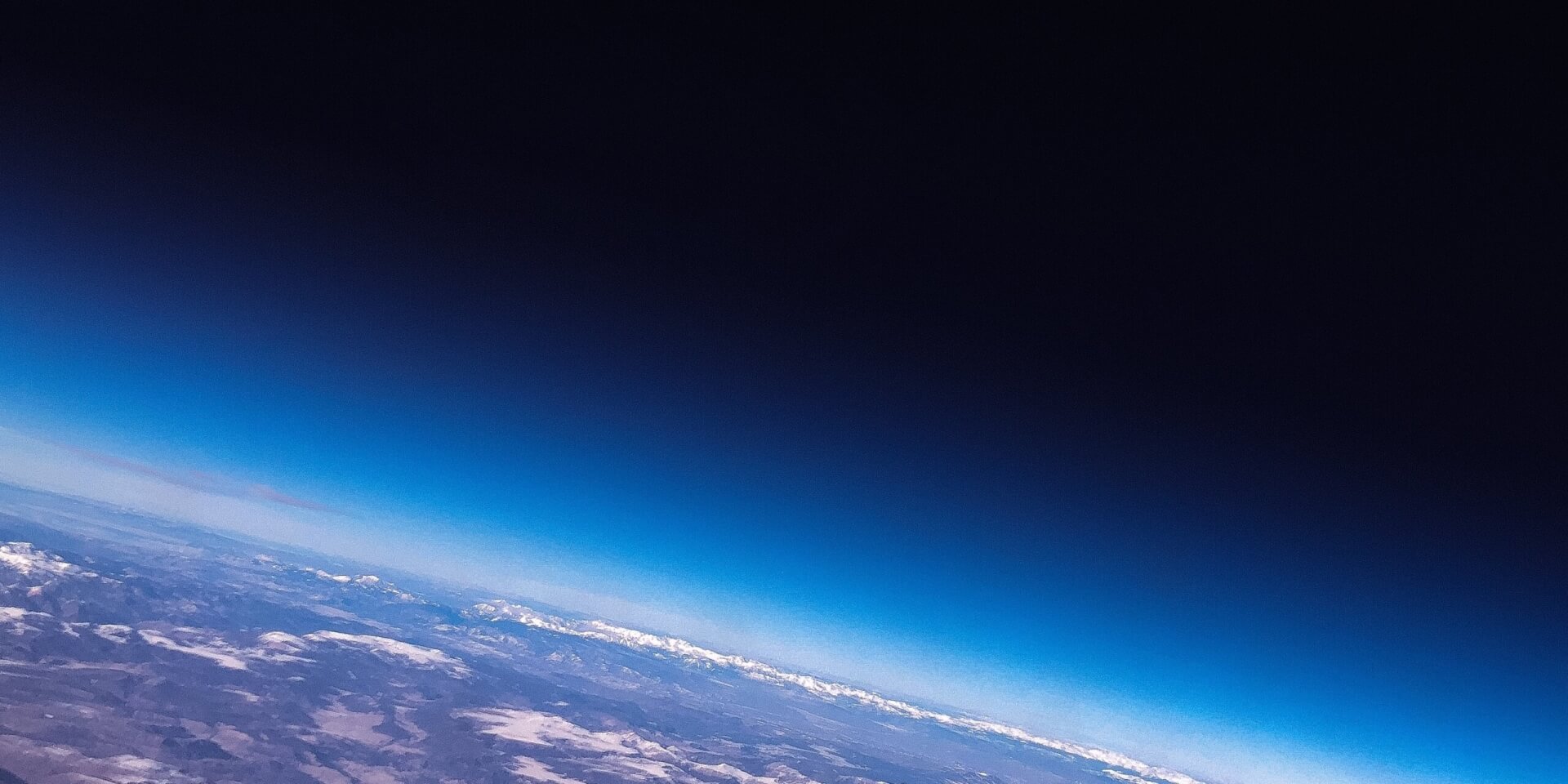
We often talk about the science of astronomy and its impact on society. But today I would like to make the case that we should be thinking not about science for society, but rather that Science is society – that is – it is part of the very fabric of society. As children we learn science through play and experimentation. This is the foundation of science, and so by its very nature, it is part of all of us.
The mission of the International Science Council (ISC) is to “advance science as a global public good”. A global public good is essentially defined in the name. It means it has to be of broad benefit, and it should be free at the point of delivery. Providing it means that scientists, acting on behalf of our collective as human beings, carry the freedom of scientific discovery also with the right measure of responsibility, rigour, access to preservation of knowledge for future generations, to uphold ethical considerations in scientific practice.
The ISC is a young organization, having been established in 2018 through the merger of the International Council of Scientific Unions (ICSU) and the International Social Sciences Council (ISSC). Both are institutions with significant history through decades of coordination of global scientific activities. The merger has been a huge step because it recognizes the fundamental importance of the social sciences and natural sciences working together to address some of the complex challenges facing the world.
Against a backdrop of a steadily warming planet, we are facing renewed geopolitical instability, disease outbreaks and rising inequality. Some of these challenges, and proposed solutions to them are captured in the framework of the United National Sustainable Development Goals. These goals encompass everything from poverty, water and sanitation to industry, infrastructure and strong institutions. Having come into effect in 2015, and with targets set for 2030, the progress on these goals is lamentable. Disrupted by the pandemic, natural disasters and conflict, we see that 85% of the SDG targets are off track, with almost 40% of them showing no progress at all, or worse, a regression.
A recent joint study by the ISC and the United Nations Environment Programme detailed eight critical shifts on horizons from 5 to 20 years. Among other shifts, these included the changing relationship between humans and the environment, the persistence and widening of inequalities, a new era of global conflict and misinformation, declining trust and polarization of society.
You might be interested in:
Navigating new horizons – A global foresight report on planetary health and human wellbeing
United Nations Environment Programme (2024). Navigating New Horizons: A global foresight report on planetary health and human wellbeing. Nairobi. https://wedocs.unep.org/20.500.11822/45890
Download reportIn this environment, characterized by such palpable tensions and such high stakes, how do we, as scientists and human beings, bridge the gap between knowledge and action?
One attempt to do this has been through the ISC’s Call for Pilot Science Missions, released early in 2024. This is a ‘big science’ approach to sustainability challenges, taking a leaf out of the playbook of mission science like the Square Kilometre Array Observatory (SKAO), CERN and space-based observing missions. This is a mode doing science that may be all too familiar to astronomers and physicists.
Big mission science and large infrastructure projects take a systems-based approach already. It’s big funding – often from multiple sources – that is used to build the James Webb Space Telescope or CERN or the SKAO. Can we take this same approach and make inroads with impact in sustainability science? With this call, the ISC is experimenting with “flipping the science model”. Instead of small grants to individual principal investigators that may have limited impact in the knowledge to action phase, the ISC is encouraging funders to combine their resources.
At the same time, the scientific approach must demonstrate the co-design between natural and social scientists, and the sectors of society that will take ownership of implementation solutions, be those civil society, policy-makers, NGOs or others. With the next ten years labelled by the United Nations as the “Decade of Sciences for Sustainability”, it seems an appropriate time for this type of experimental approach.
This approach, where citizens are involved in everything from the design to the implementation of sustainability science solutions brings us firmly back to the concept of ‘science is society’. However, it’s also noticeable that society’s trust in public institutions has waned over the last few years. Public trust in science is still high in comparison. Given the proliferation of access to information sources through digital technologies, we also see an increase in misinformation and disinformation.
The only way to disarm these ‘weapons’ of mis- and disinformation is through making science part of the fabric of society, for scientists to step out of their ivory towers and work with the society that they are embedded in to address relevant issues. Even science as potentially esoteric as astronomy has a role to play. They are key gateway subjects. The sky is accessible to everyone. And they make us realize just what is possible if we work together with a vision.
Vanessa McBRide joined a panel discussion with Khotso Mokhele and Debra Elmegreen, together with interventions from the IAU’s Office of Outreach, Development, Education and Young Astronomers with the Centre for Protection of Dark and Quiet Skies for the IAU’s general assembly in Cape Town, South Africa.
Image by actionvance-t7EL2iG3jMc-unsplash